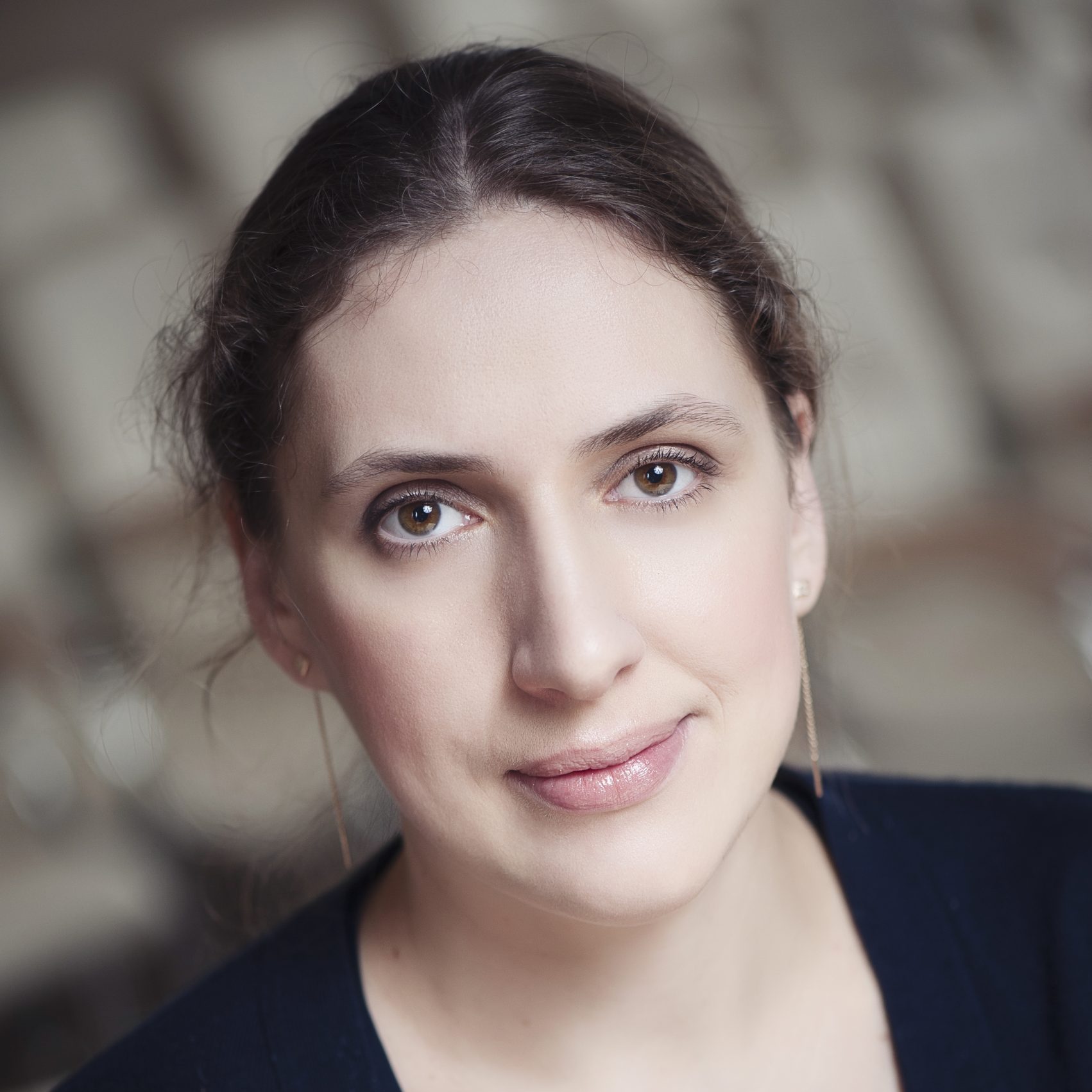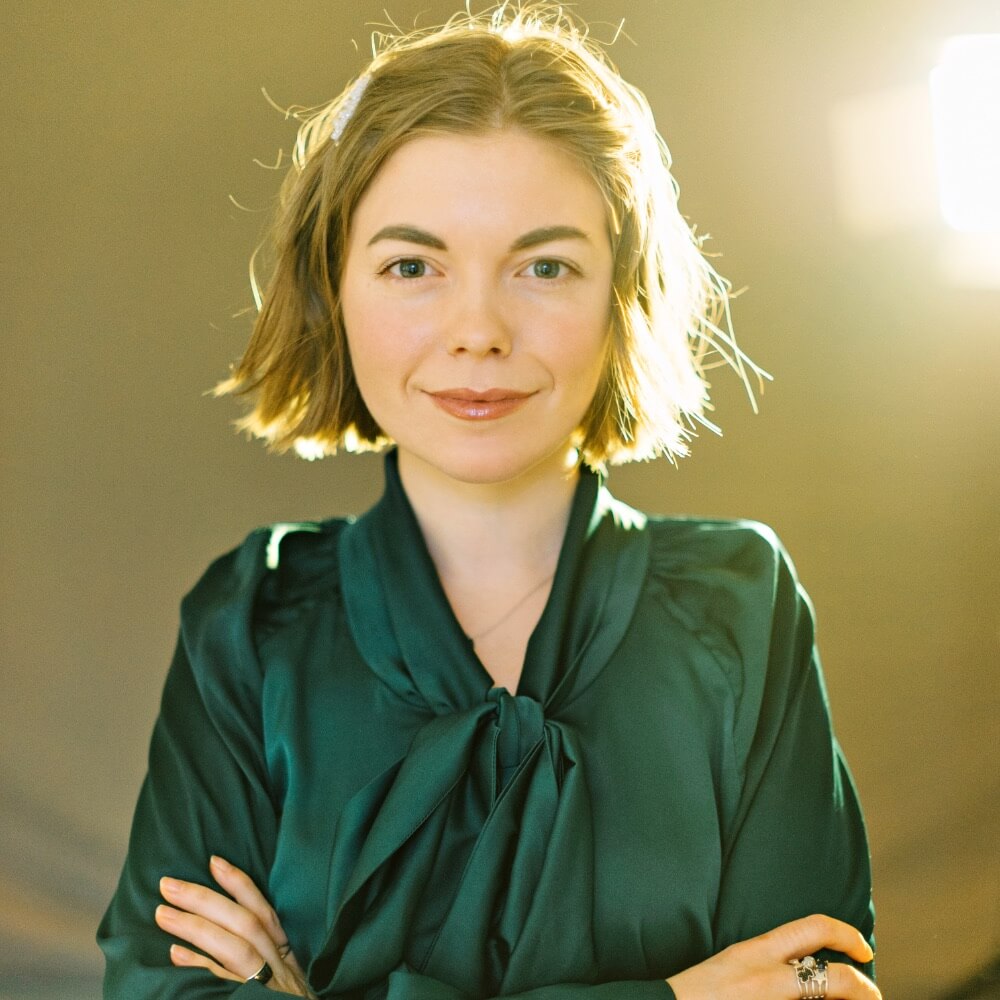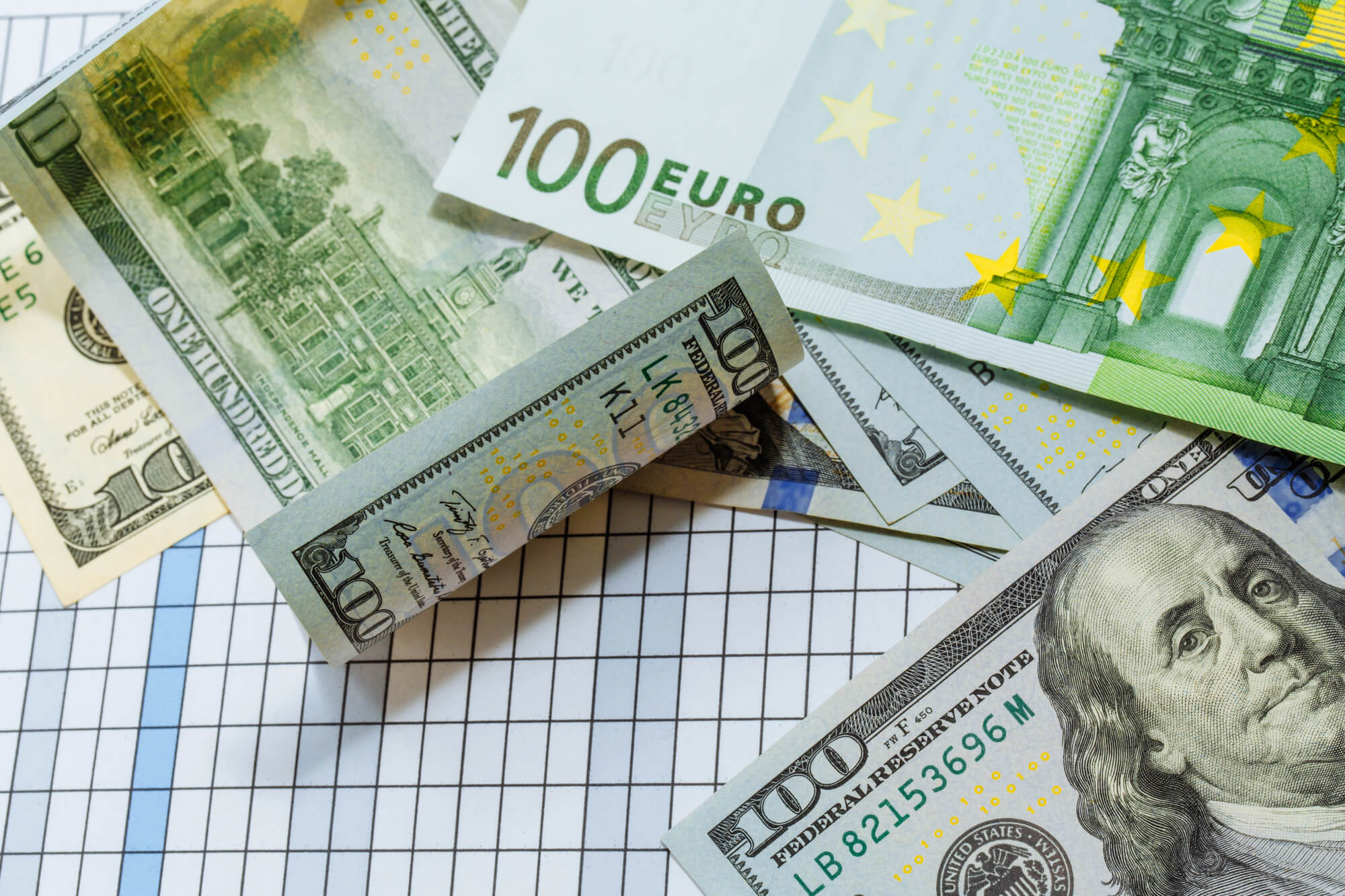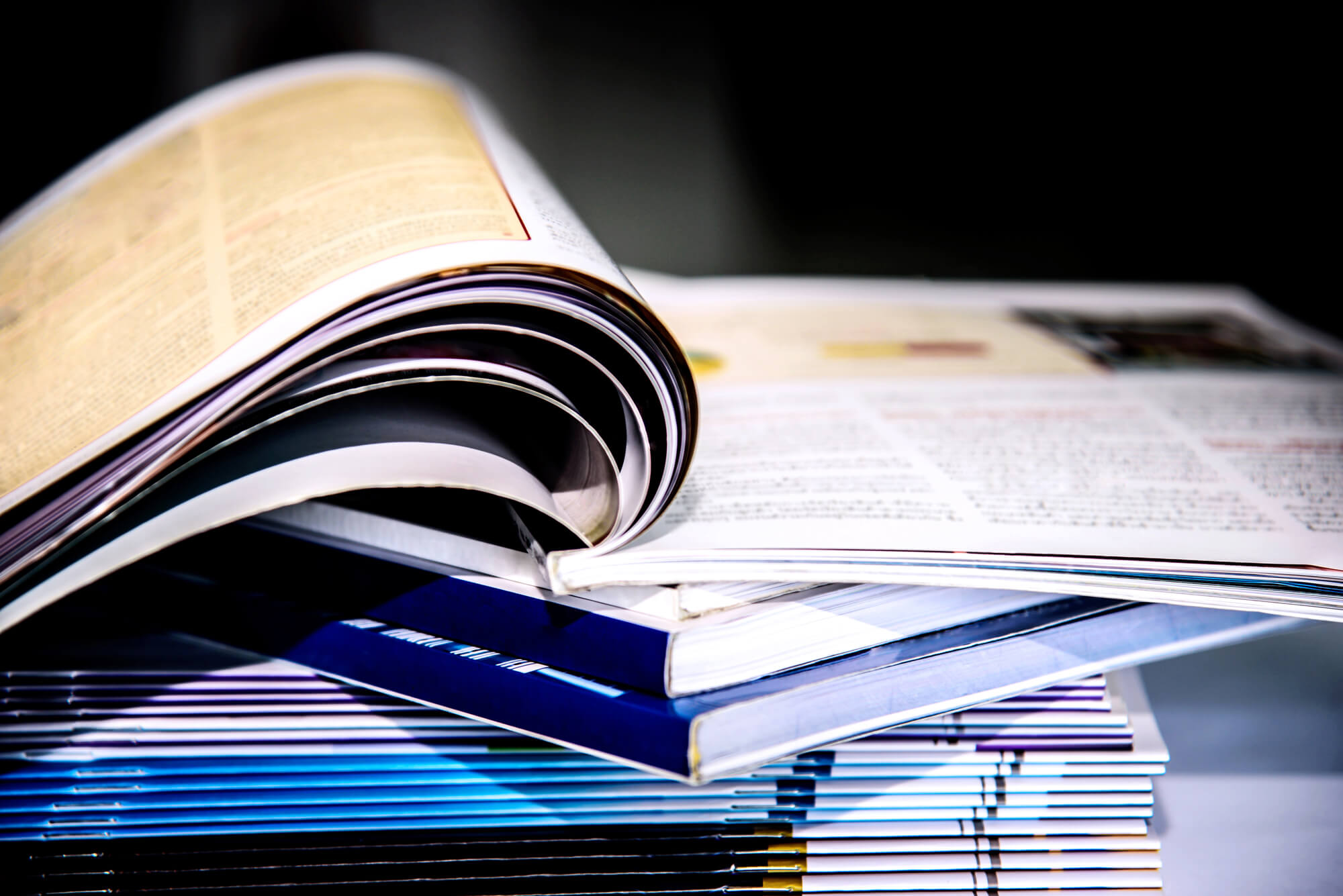To rebuild Ukraine after the war as soon as possible, one needs to сonsider key areas and approaches to reconstruction already now. The book «Rebuilding Ukraine: Principles and Policies», written by Ukrainian and international economists, considers these issues. The book was discussed by Yulia Mincheva in her podcast «What about the economy?» with its co-editors Yuriy Gorodnichenko, Professor of University of California (Berkeley), and Ilona Sologoub, scientific editor of VoxUkraine.
Support of Ukraine
Ilona Sologub: There was a great deal of uncertainty at the start of the full-scale war. Now the contours of the Ukrainian victory are clearer. We see that the world supports Ukraine and promises to help “as long as it takes.” An important change was obtaining the EU candidate status. This helps us more clearly see where to go and what to do.
Putin “forced” Europeans to do what they planned to do anyway but postponed. Namely, the transition to green energy and energy-saving technologies. Just as Putin consolidated Ukrainian society in 2014, the societies of other countries are now consolidating because they start to understand where the real threat is, what is important and what is not that much.
We also see that the war seems to be quite long and will cause significant destruction, far greater than we expected in the spring of 2022, which is bad.
Yuriy Gorodnichenko: Ukraine’s support is very strong, despite the fact that many countries today are struggling. For example, energy prices are very high in Europe, it is a negative shock for the European Union and the United Kingdom. Nevertheless, the United States agreed to provide tens of billions of dollars for Ukraine, and the EU is planning to provide Ukraine 18 billion euros for 2023 so that we can get through economic hardship.
Why is this happening? First, everyone understands how high the stakes are. If Ukraine can’t stand it, they will be next. If Putin does not stop in Ukraine, he will be in Poland, Romania, the Baltic states and Finland…
Second, everyone understands that while this support is large in absolute terms, it is not so large compared to the NATO defense budget or to the amount of support which governments provide to households so that they could pay their energy bills. For this small percentage, we “grind” the aggressor. Thanks to this, people in the West feel that this is not charity, but an investment – and not only in Ukraine, but into global security.
Organization of the reconstruction process
Yuriy Gorodnichenko: One of the conclusions we draw in the book is that we don’t have to wait until the end of the war to start rebuilding. Institutional reforms can be implemented right away: nothing prevents reforming the judicial branch or public service. These will be extremely important for Ukraine after the war. By the time serious resources are channeled to Ukraine for its reconstruction everyone should be convinced that the funds would be spent prudently and without corruption. To ensure this, we need to lay the foundations today.
A frequently asked question is whether the world is tired of Ukraine. I think no. One can see this from the number of different funds created to support Ukraine. In some sense this is a problem because there are dozens of donors and one recipient — Ukraine. If we compare it to the Marshall Plan after World War II, the situation was the opposite — one donor and 30 recipients. That is, there was centralization, it was clear who was responsible for what and where the money was going. Therefore, Ukraine needs one organization that will consolidate donors and not only save resources for communication with them for the Ukrainian government, but also help donors “find themselves” in supporting Ukraine. It is necessary to ensure that donors feel that they are useful and that they have an impact on what happens during the reconstruction.
I think this is the largest challenge. Especially when you realize that Ukraine is not used to coordinating efforts even in smaller issues, and reconstruction provides a completely new scale of problems.
Ilona Sologoub: It is important that those who want to help Ukraine know «whom to talk to». Because sometimes you can hear that potential donors do not understand who on the Ukrainian side can accept the proposed support. A single agency responsible for the reconstruction process that would attract and disburse donor funds could really help with this. We would like the agency to have an online platform showing which projects are planned or ongoing, what are the proposals, so that any donor or volunteer could see where he/she could contribute.
We also support the idea of a post-audit, since understanding that the quality of project execution will be checked will make a contractor implement it effectively and responsibly.
There are several ideas of what such an agency could look like, but the most important is that it is clearly structured, has a defined area of responsibility and qualified and virtuous staff.
The impact of sanctions on the Russian federation
Yuriy Gorodnichenko: Economic sanctions do not necessarily immediately “knock out” the economy. Sanctions work to attrition, so that resources gradually dry out. It is necessary to work on this and add new sanctions in sensitive areas. For example, diamonds from Russia still go to Europe – it is hard for me to understand why. After all, this is a source of income for the Russian government, which can be shut down right away. And thus limit the amount of resources that are available to the Russian government to wage this war.
Ilona Sologoub: We must remember that the most painful sanctions have been applied just recently – in particular, the oil price cap. And the restriction of gas purchases was rather as a «Russian initiative», Europe planned to implement it more gradually. But explosions on the Nord stream-2 accelerated the process.
However, I think that the strength of the Russian economy will be enough for at least the next year, and maybe for longer. First, it trades with China, India and other countries. Second, Russian people are «very patient», and they will not protest due to rising tariffs or because certain goods will disappear from the stores.
In my view, the next sanctions should be focused on limiting the supply of dual-use goods to Russia – those goods which can be used for the production of both civilian and military items. It is also important to force companies that have not left the Russian market (including IT companies), to stop working there.
2023 priorities
Ilona Sologoub: The judicial reform is #1 priority. It should be implemented properly, not formally. Secondly, anti-corruption agencies should be allowed to do their job. Thirdly, we shall return to a more long-term economic policy – in particular, there are already discussions on returning to the regular tax system, rather than the 2% tax which even the gambling business could use.
It is also important to address labour market mismatch between skills needed by employers and possessed by employees. We need to organize retraining programs and encourage adults to study already now.
Yuriy Gorodnichenko: As a EU candidate country, Ukraine should accelerate the processes required to enter the European Union. There is no need to wait for the end of the war – reforms should be implemented already. Institutional reforms are extremely needed today, not tomorrow.
We are grateful to Alyona Gryshko, VoxUkraine junior analyst, for the transcript and to Ksenia Alekankina, VoxUkraine communications manager, for editing the text
This publication was produced within the framework of the “Support of think tanks” project which is carried out by the International Renaissance Foundation with the financial support of the Embassy of Sweden in Ukraine. Its contents are the sole responsibility of the authors and do not necessarily reflect the views of the Embassy of Sweden in Ukraine and the International Renaissance Foundation.
Attention
The authors do not work for, consult to, own shares in or receive funding from any company or organization that would benefit from this article, and have no relevant affiliations






